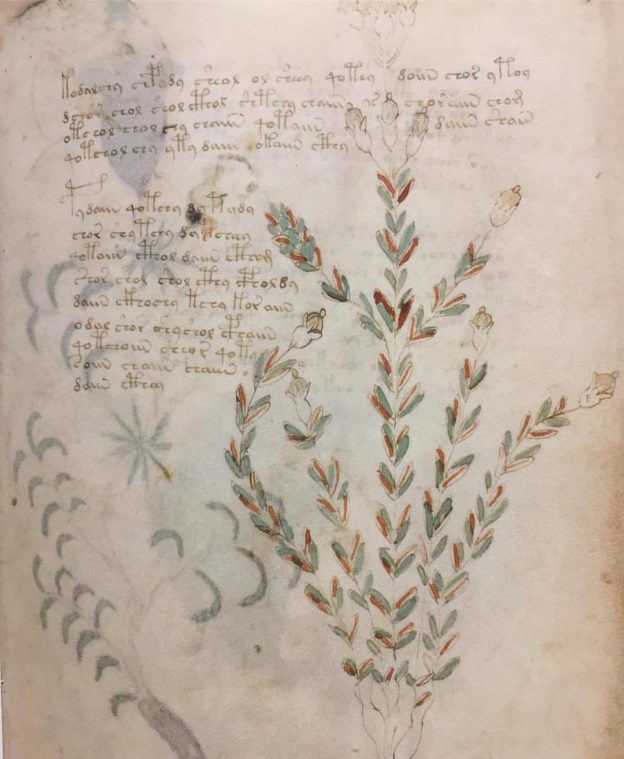An Interventional Case Series
Andrew Bentley, Clinical Herbalist
Lexington, Ky
Background:
Opioid use and addiction is a prevalent public health problem. In 2015, over 2.5 million people in the United states had an opioid addiction. Deaths from opioid overdose have quadrupled since 1999, exceeding 50,000 in the US in 2015 (CDC 2016). Less well-measured are the indirect tolls these millions of cases of addiction take, on the lives of those addicted, their families, and their communities. Heroin has seen a resurgence in popularity during this time, being frequently used by those who have previously become addicted to prescription drugs for pain.
Opioid drugs, as a class, are substances chemically related to, and able to interact with the receptors for, endogenous opioids in the nervous system. They tend to produce feelings of pleasure and decrease pain response. In an individual with elevated levels of opioids in their system, the nervous system may produce more opioid receptors, leading to a situation of chemical dependence (Trescott et al, 2008). Cessation of opioids often results in a crushing sense of depression and isolation, as well as physical pain.
Hypericum perforatum (St Johnswort) is an herb commonly used to stabilize and elevate mood (i.e. as an antidepressant). It is generally well tolerated (Knuppel 2005), and is known to strongly induce the Cytochrome P450 3a4 (CYP3a4) pathway (Wang et al., 2001), speeding up the metabolism of many substances including opioids, thereby decreasing the concentration and activity of those substances in the body.
Due to the pharmacodynamics of St Johnswort and opioids, and the fact that opiate withdrawal often involves emotional symptoms similar to those for which St Johnswort is used, it was hypothesized that St Johnswort could help to facilitate withdrawal from opiates, by clearing the substances from the body as well as decreasing the intensity of the withdrawal symptoms.
Process:
Individuals who were considered candidates for this treatment (n=130) were all those presenting at the author’s clinical practice between 2004 and 2016 who were attempting or interested in attempting to cease the use of opioid drugs, and who were not taking any other medications known to be metabolized by the CYP3a4 pathway. The St Johnswort extract used was made using a standard 5:1 ratio of 50% alcohol to dried herb. A loading dose was given of 5ml. extract 3x/day for the first week, followed by a maintenance dose of 5 ml./day for 1-6 months (median 3 months). Other supportive measures were used as appropriate, including non-opioid herbs for management of pain, laxatives, and referral to counseling.
Results:
Out of 130 cases, 4 (3%) were lost to follow-up, and 6 (4.6%) were unsuccessful in initially ceasing use of opioids. 120 (92.3%) reported complete cessation of opioid use by the end of week one and reported no return to opioid use as of the end of week 5. 83 individuals (63.8%) reported no return to the use of opioids at six months’ follow-up. Of the 37 individuals (28.5%) who had resumed opioid use by six months, 25 (67.6%) successfully quit after a second round of the above-described process.
Conclusion:
St Johnswort extract appears, based on the limited information provided by this interventional case series, to have the potential to aid and support individuals who are attempting to cease use of opioid drugs, when used as part of a treatment strategy addressing both causes and outcomes of opioid addiction.
Wide-ranging online data for epidemiologic research (WONDER). Atlanta, GA: CDC, National Center for Health Statistics; 2016. http://wonder.cdc.gov
Trescot, A. M., Datta, S., Lee, M., & Hansen, H. (2008). Opioid pharmacology. Pain physician, 11(2 Suppl), S133-53.
Linde K, Knuppel L. Large-scale observational studies of hypericum extracts in patients with depressive disorders: a systematic review. Phytomedicine 2005; 12(1-2): 148-157
Wang, Z., Gorski, J. C., Hamman, M. A., Huang, S.-M., Lesko, L. J. and Hall, S. D. (2001), The effects of St John’s wort (Hypericum perforatum) on human cytochrome P450 activity. Clinical Pharmacology & Therapeutics, 70: 317–326.
